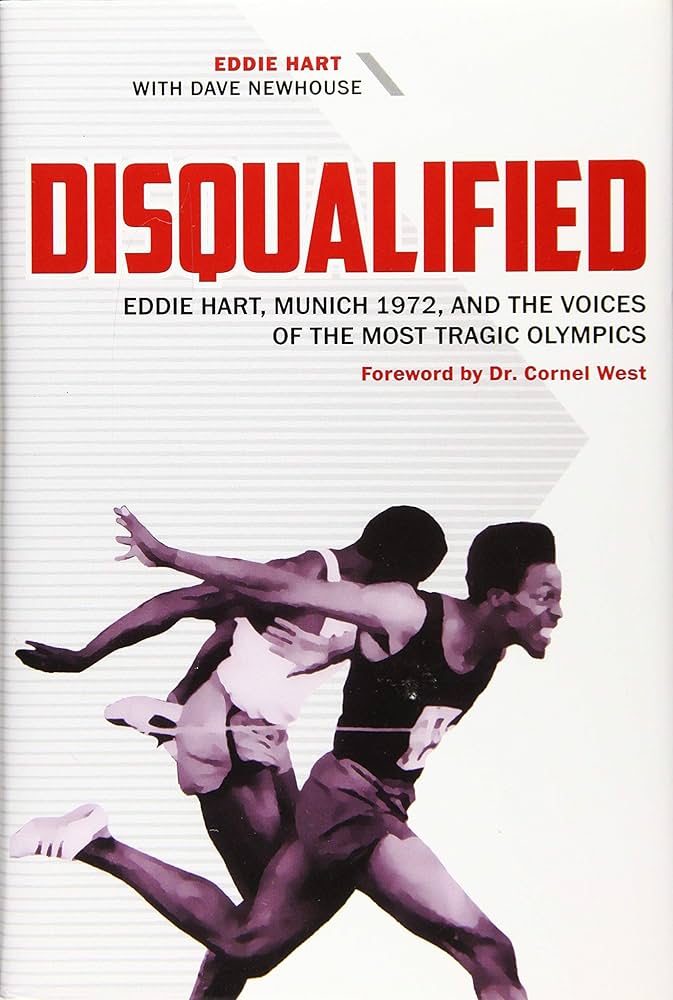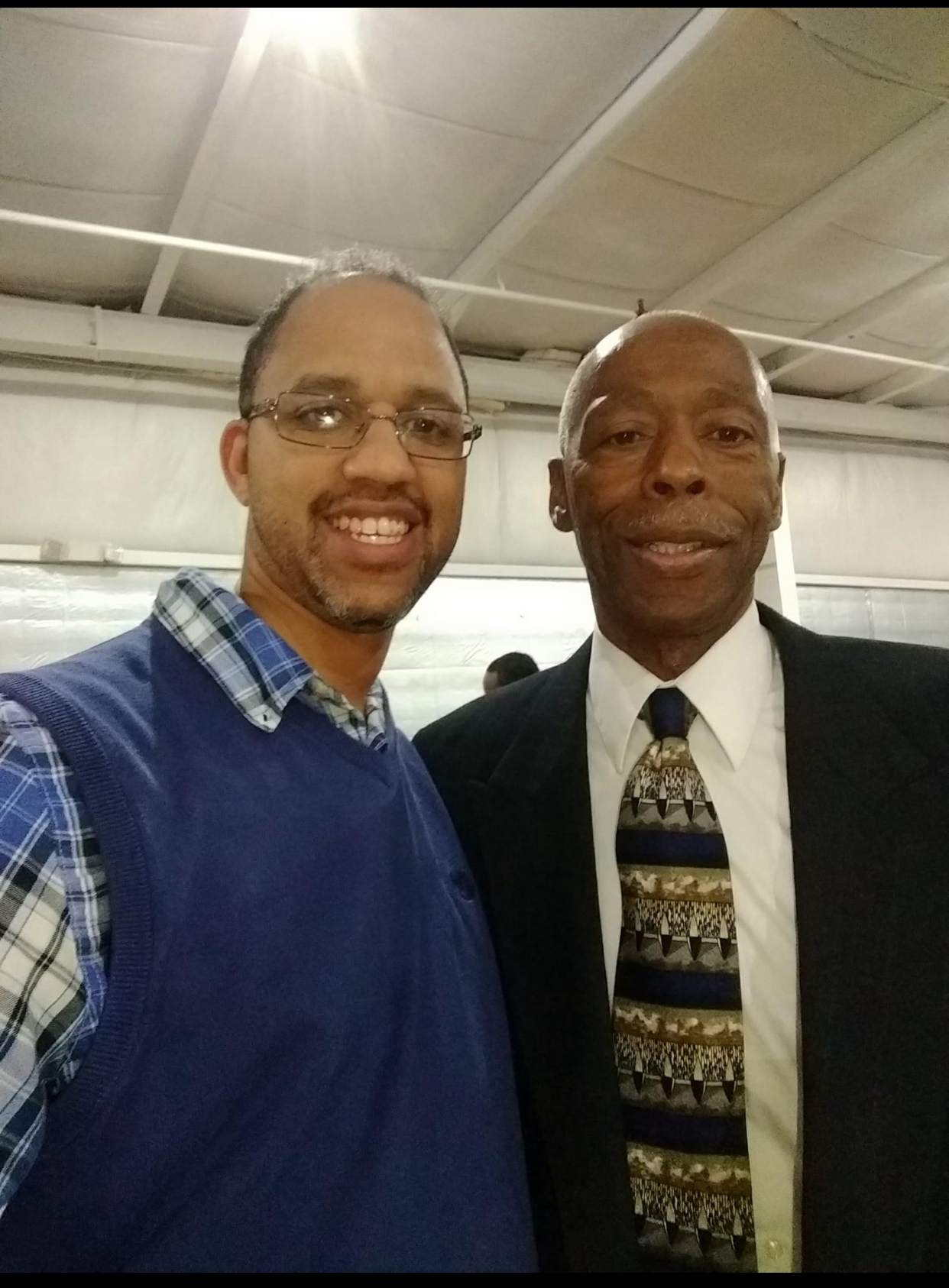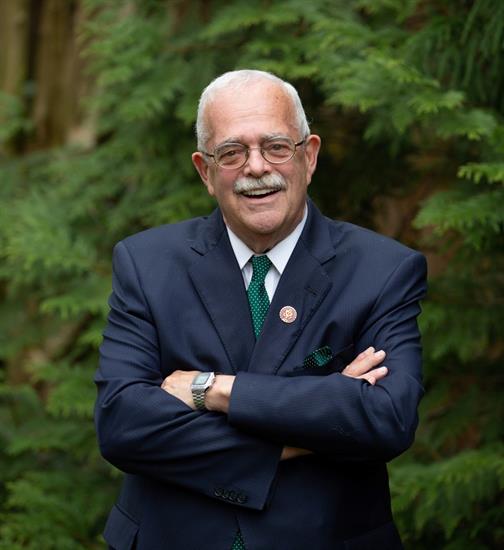When I met the World’s Fastest Man
by John Reid
As the Summer Olympics are underway in Paris, the world just watched Alexandria’s own Noah Lyles win the 100 meter race, earning him the title of the “World’s Fastest Man.” It harkened me to a time when I met a man who once held that distinction, sprinter Eddie Hart.
I met him in 2018 as part of a Black History Month event at Competitive Edge Athletic Performance Center in Woodbridge. I have had the pleasure of being at Olympic trials and even attending some of the track and field events in Atlanta during the 1996 Summer Games, but never before had I actually shook hands with an Olympic athlete, much less hold a gold medal. More importantly, I was there to hear the words of a man an administrative error took from him his athletic dream, and how he recovered.
Born Edward James Hart in April 1949, he ran track at the University of California, winning the NCAA Championships in 1970, and was all set to run in the 1972 Games in Munich, Germany. For much of the world, those Olympic Games will be forever darkened because of the “Munich Massacre.” On September 5, 1972, eight Palestinian members of the terrorist group “Black September” stormed the Olympic village and took eleven Israeli athletes, coaches, and officials hostages. In a standoff which took 18 hours and ended with the deaths of all hostages.
“While everyone was coming to grips with what happened,” Eddie recalled when I spoke with him, “we knew we had to be ready to go.”
And ready to go he was, as he and Rey Robinson both broke the world record in the 100 Meter trials, running a 9.9 second race. They were the favorites to win gold, but unfortunately it was not to be. Their coach, the late Stan Wright, used an outdated Olympic schedule, and the team didn’t make it to the track on time, arriving only a few seconds late. As a result, they could not compete in the race. He writes about it and other tragedies of that Olympics in his book ‘Disqualified,’ now available on Amazon.

However, he would not be denied his gold medal moment, as he later ran the anchor for the 4 X 100m relay team, equaling the world record of 38.19 seconds. His career would continue well after Munich, as he set the Masters record in the 100m in 1989, a record which would stand for 14 years.
He continues to speak to track groups to this day, and if there was one thing I took from meeting him, it was how he took his greatest disappointment, and used it as fuel to motivate himself, and others.



